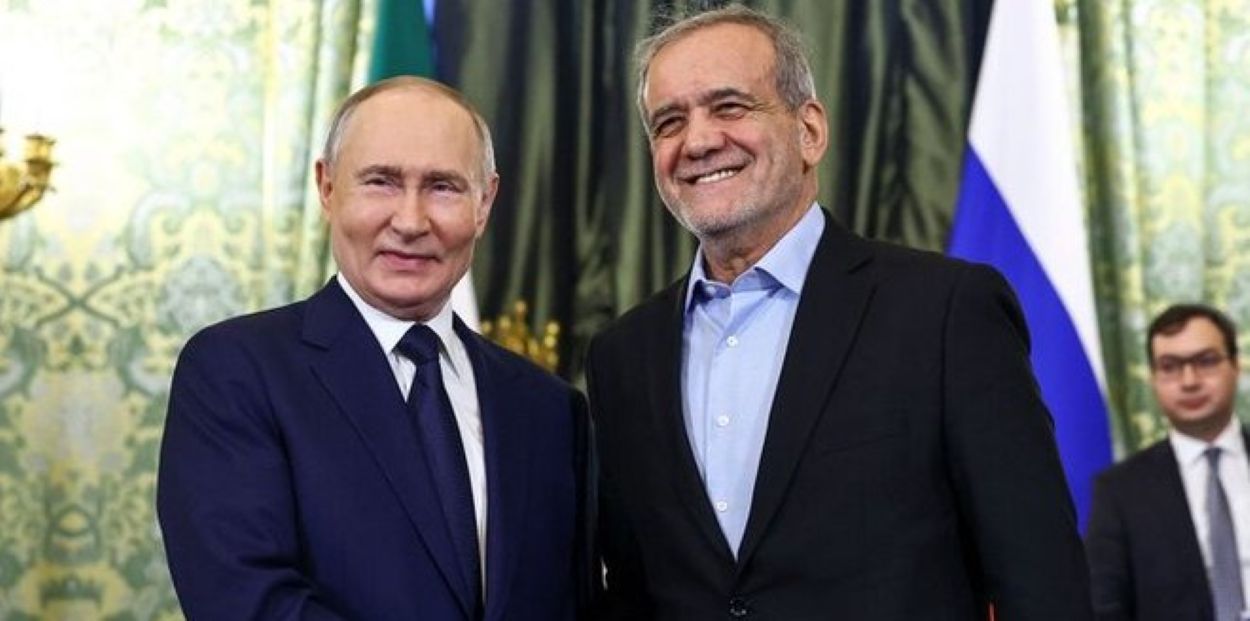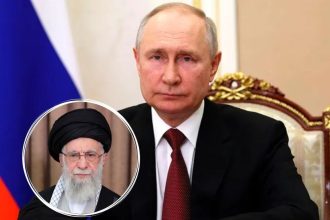Iran has announced that it is no longer bound by the restrictions of the 2015 Joint Comprehensive Plan of Action (JCPOA), as the 10-year agreement has expired under UN Security Council Resolution 2231.
The JCPOA was signed by Iran, the United States, China, Britain, France, Germany, and Russia, and it lifted sanctions in exchange for limiting Iran’s uranium enrichment to 3.67%. Despite the expiration of the pact, Iran’s Foreign Ministry has reaffirmed its commitment to diplomacy.
The nuclear deal began to unravel after the United States withdrew in 2018 and reinstated sanctions. In response, Iran began enriching uranium to 60%, according to reports from the International Atomic Energy Agency (IAEA), which is close to the 90% threshold considered weapons-grade, although Iran has denied any military intentions.
⚡️BREAKING
Iran, Russia, and China will send a letter to the United Nations today announcing the End of the Iran Nuclear Deal pic.twitter.com/l1wxL8xRHU
— Iran Observer (@IranObserver0) October 18, 2025In July 2025, Iran suspended its cooperation with the IAEA following Israeli and U.S. strikes on its nuclear sites. The reimposition of UN sanctions in September, led by Britain, France, and Germany, rendered the deal “moot,” according to Iran.
Foreign Minister Abbas Araghchi called the sanctions “null and void” in a UN letter. Iran criticised European nations for derailing Cairo talks aimed at reviving IAEA cooperation. Western powers urge Iran to resume negotiations with the US, accusing it of seeking nuclear weapons—a claim Tehran denies, emphasising civilian energy goals.
Read: Trump Predicts Iran Nuclear Deal Amid Escalating Middle East Tensions
The JCPOA’s expiration escalates global nuclear concerns, with Iran’s 60% enrichment raising alarms. Diplomacy remains critical to avoid conflict.






